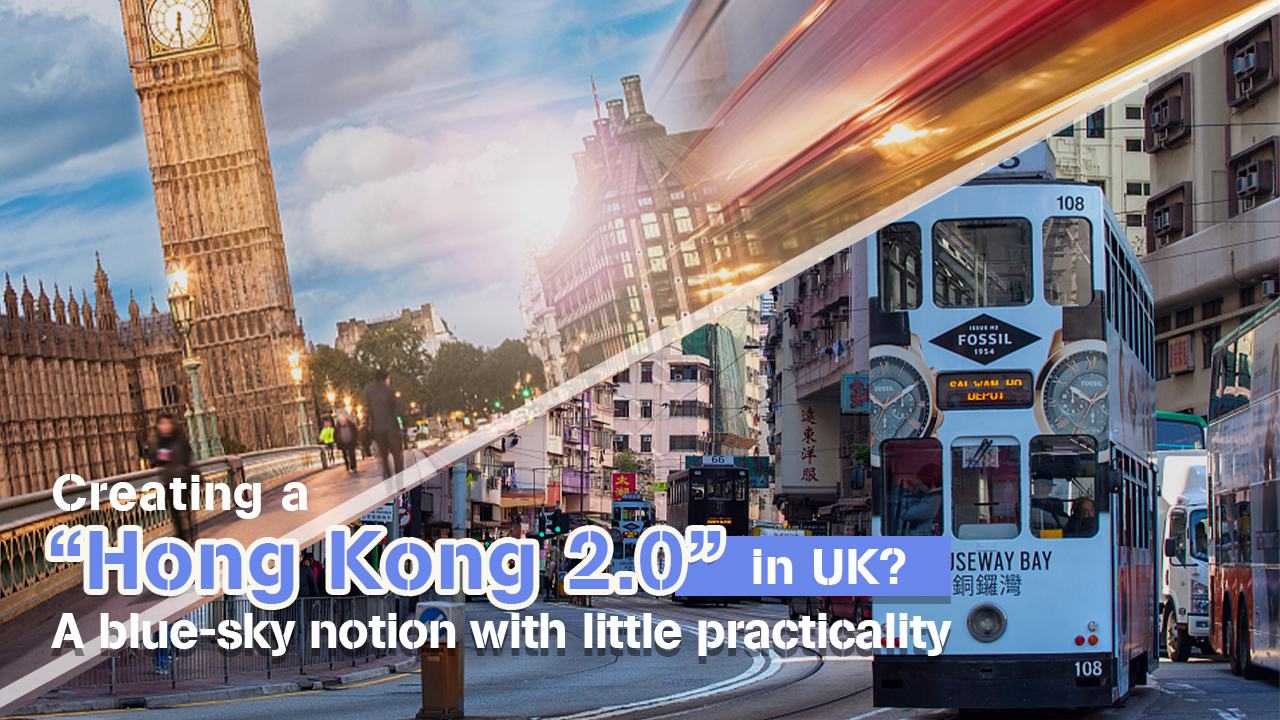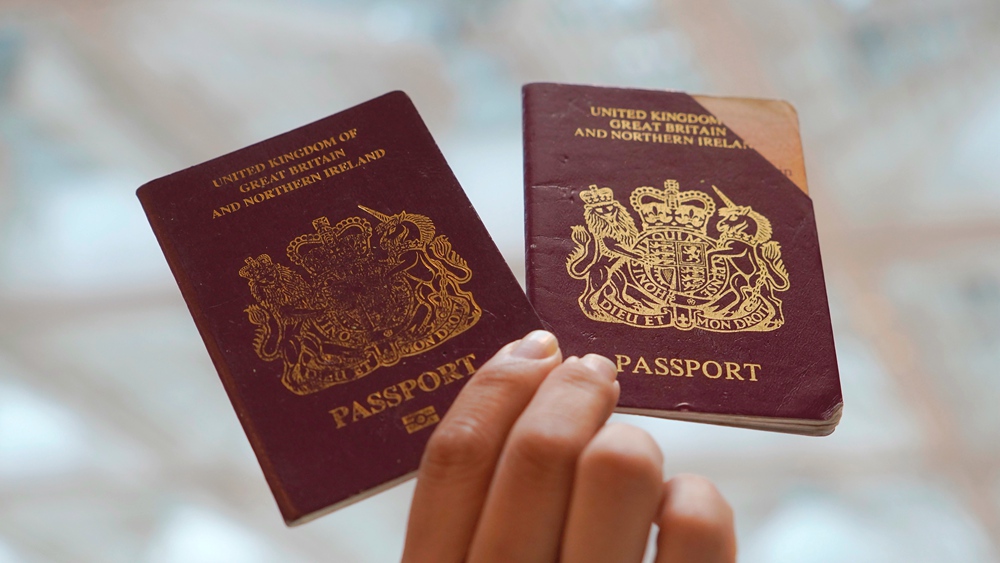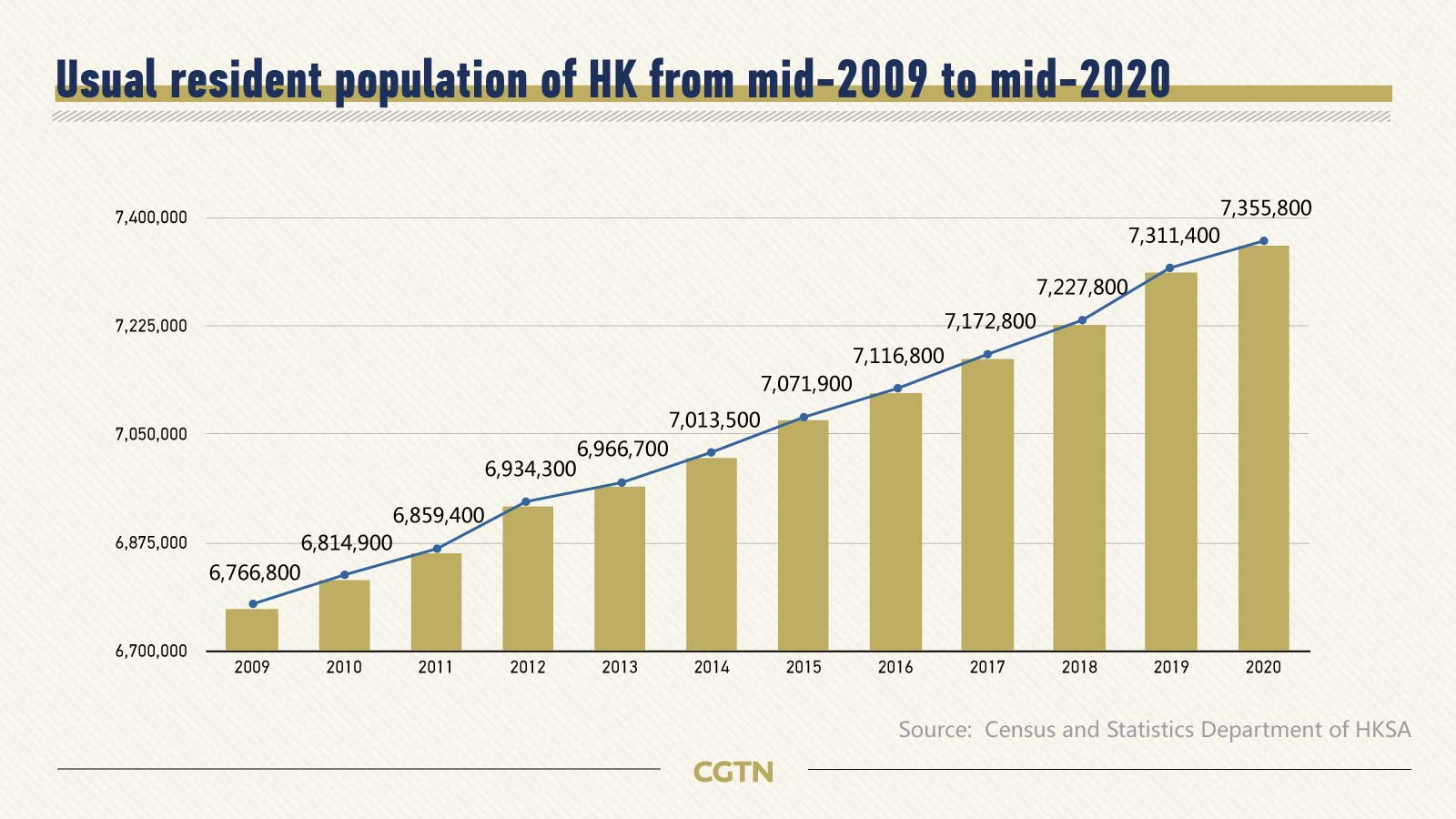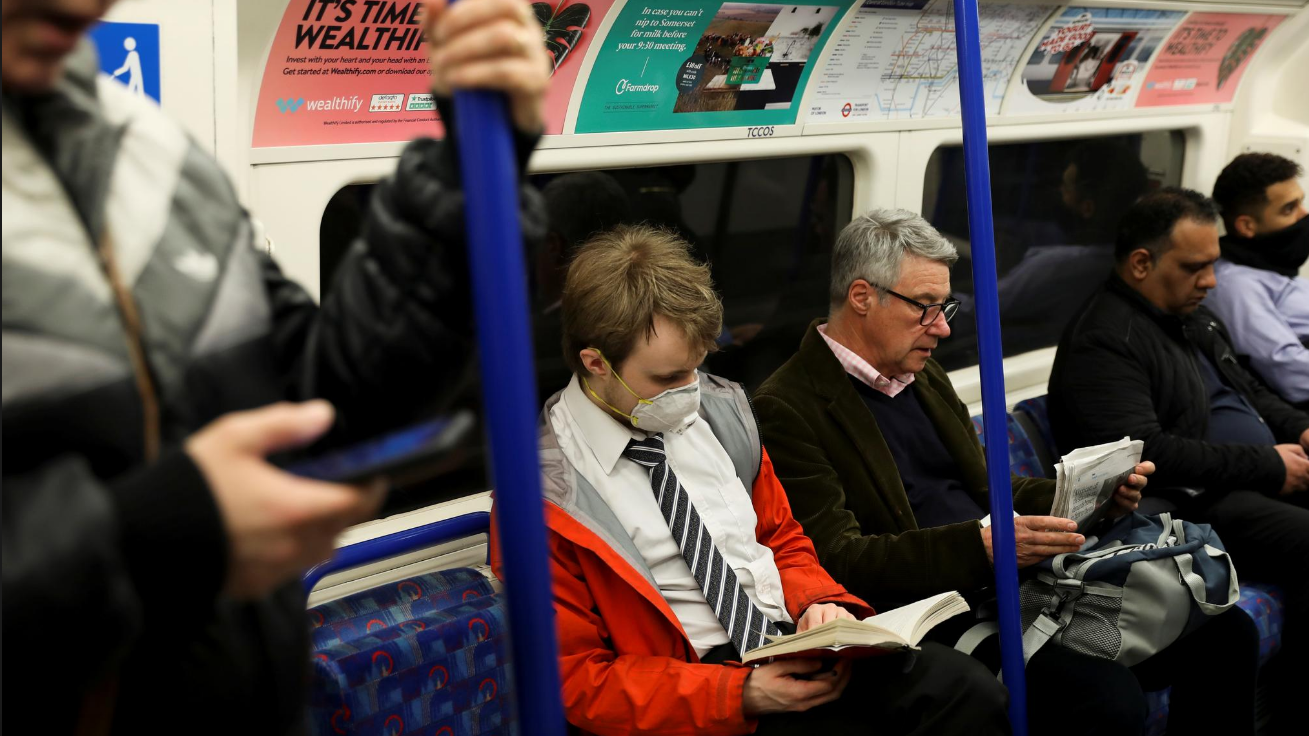
Seeking a new base for possible mass exodus of Hong Kong people, a HK property developer recently publicized his bold idea of building a so-called international charter city in the UK after the implementation of the national security law and the announcement of residency-right extension of BNO passport holders by the UK government. Unsurprisingly, the idea stirred up global attention.
Firstly introduced by a U.S. economist in late 2000s, a charter city is a city granted a special jurisdiction to create a new governance system. More specifically, the economist described it as "A host country would provide land; a source country would provide residents; and a guarantor country would provide the assurance that the new city's charter would be respected and enforced."
But experts say the current notion of the so-called HK 2.0 is more of a gag as there is no guarantor country and it's still uncertain how many people will migrate to the UK.
Besides, the UK has not yet explained on some vital questions such as how long Hong Kong British National (Overseas) Visa (BNO) holders need to stay in Britain before they can start the citizenship process, whether they will be subject to financial thresholds and whether they will be able to get jobs amid UK's struggles with the pandemic, Brexit negotiations, budget cuts and a shrinking economy.

The British National Overseas (BNO) passport. /AP
The British National Overseas (BNO) passport. /AP
No exodus occurs in HK
In July, the Foreign Office of the UK predicted that about 180,000 to 200,000 HK people will move to the UK in the following five years, but many are suspicious of the figure.
HK's official data this year showed that there has been no mass exodus as of July, more than one year after the mass protests in HK.
In the middle of 2019, the total population of HK stood at 7,507,400, while one year later, the number almost remains the same, slightly increased a little to 7,509,200.
Additionally, official data over the years shows that the number of usual residents in HK has been growing steadily from 6,766,800 in the middle of 2019 to 7,355,800 in the middle of 2020, an 8.7 percent increase in the 11 years. By comparison, UK's usual residents increased 7.43 percent during the same period, according to the data by the Department of Economic and Social Affairs in the United States.
Shi Yongqing, a property agency businessman in HK and the founder of AM730, a daily newspaper said that the fact that no exodus occurred immediately in HK after the pass of the national security law shows that the impact of the law is more "psychological than de facto" and since most HK people have chosen to stay in HK so far, they would less likely leave the city in the future as leaving everything behind and restarting life in a brand new country is not quite easy.

COVID-19, shrinking economy and racism in UK
Some of HK people are also concerned that since UK's economy has been hit hard by the coronavirus (its economy shrank by a record 19.8 percent in the second quarter) and the country are still trapped in the tough Brexit negotiation, the country will highly likely not welcome them as once they flood in the UK, it will lead to a struggle for a job, which is the last thing the British want to see. After all, the first reason why the country exits from the EU is that most of them feel they lost out during the process of European integration as many found it became more difficult to find a job due to mass immigrants from other EU member countries.
"The government might welcome us, but we can't assume all UK citizens will be happy about that," a netizen wrote in a Reddit group registered as "r/Hong Kong".
So far, in many possible sites for the HK 2.0 city, Lincolnshire, one of the most sparsely populated places in England is widely discussed by some British who are interested in the idea. Jeremy Vine, one of the hosts of BBC Radio has touted the place.
In one of his lunch-time programs, he discussed the topic with a guest about whether it's "okay" for HK immigrants who settle in the designated Lincolnshire could then move to another part of the country.
The guest, from think tank The Adam Smith Institute, shunned the question, saying creating a new city in the UK specifically for HK immigrants would not "harm anybody in the UK at the moment."
The discussion raised one of the biggest controversial questions in building a charter city for HK immigrants - If the British government forbids HK immigrants from moving to another city in UK, it's not only violation of human rights but also modern segregation, while if they allow them to move freely, then what's the point of building such a city?
The UK isn't the welcoming place some Hong Kong people seem to think it is. A recent YouGov poll into racism shows that 76 percent of ethnic Chinese questioned said they had experienced someone using a racial slur directly against them on at least one occasion and 60 percent said that it had happened to them multiple times. In total, the results showed that 84 percent people of ethnic groups interviewed thought racism still exists in the UK today.
Another illustration of this is that no person of British Chinese heritage was a member of UK Parliament until 2015, while the parliament has been founded for over 300 years.
"For Britain and other European and American countries, when they say they welcome HK people to settle down in their countries, it's only lip service and they're not willing to do so in real practice," Wang Peng, a professor of Jinan University, who is also a researcher of the Guangdong-Hong Kong-Macao Greater Bay Area Research Institute in the school told CGTN.
"Moreover, they have no capability to take them in right now as the coronavirus is still rampant in their countries."

A man wearing a protective mask travels on a tube in London, Britain, March 11, 2020. /Reuters
A man wearing a protective mask travels on a tube in London, Britain, March 11, 2020. /Reuters
"If building cities can repeat HK's success, China has already made 100 HKs"
Wang pointed out that HK was made in a very special historical context and proponents of the charter city idea only see the characteristics that boosted the success of HK, like the spirit of industriousness, stamina and entrepreneurship of HK people, but ignored other less palatable issues.
HK sprang from colonial rule. The island was occupied by British in the 1840s and soon was declared as a free port. After WWII, HK's economy grew very quickly as the city fully took its advantage as a free port, taking industrial transfers from Europe, the United States and Japan.
And with China's reform and opening-up at the end of 1970s, the city took the chance and upgraded its economy by transferring most of its labor-intensive manufacturing industries to the Chinese mainland. Wages, price of land and rent were pretty low in the Chinese mainland at the time.
"Since WWII, the economies of Singapore, South Korea, Taiwan and Hong Kong developed really rapidly. We called them the Four Asian Tigers," Wang said. "But right now, it's impossible to replicate the success of HK or the Singapore and South Korea, because the economic environment and conditions no matter in HK, the Chinese mainland or other global entities has changed dramatically."
"The idea sounds 'lovely', but it's too unrealistic and absurd."
Wu Gangliang, a financial professional and also a researcher at China Enterprise Reform and Development Research Association told CGTN that accidents of history made HK what it is today and even with high buildings and advanced hardware facilities, the city's complex economic fabric would be very hard to replicate.
"If building cities can create an international finance center or a world trade center, China has already made 100 HKs," Wu said.